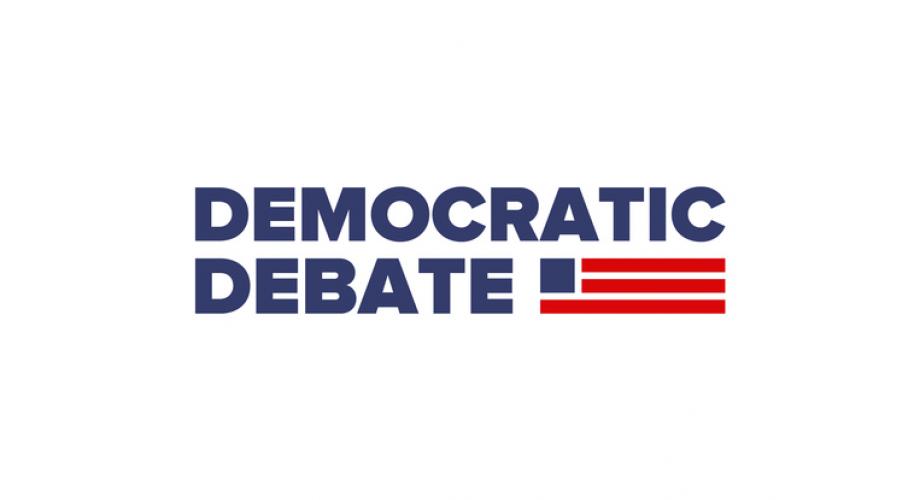After a slow start in early voting contests, former Vice President Joe Biden has returned to the national stage in a big way. Amassing more than 850 delegates from major victories during Super Tuesday and subsequent state primaries, Biden has potentially solidified his position as race leader. On the other hand, Senator Bernie Sanders’ (I-Vt.) early momentum has leveled out, triggering speculation that his campaign may not last until the Democratic National Convention. The delegate-heavy contests in Florida, Arizona, Ohio and Illinois on March 17 will be vital to keeping Sander’s run afloat or, alternatively, cementing Biden’s nomination.
Tonight’s debate will mark a departure from convention as Sen. Sanders and Biden square off without a live audience. This news comes amid recent COVID-19 (commonly referred to as coronavirus) concerns that have discouraged large public gatherings and canceled many high-profile events. Health concerns have also sidelined Univision’s Jorge Ramos, who was slated to moderate the debate.
The ever-evolving news surrounding the U.S. response to COVID-19 will likely structure the tone of the debate. Earlier this week, President Donald Trump outlined his plan, which included a 30-day ban on incoming European travelers and goods. The President also indicated components of a federal stimulus package that would attempt to correct financial market distortions caused by the global panic related to the virus. The U. S. House of Representatives passed a bi-partisan bill this weekend that will provide free COVID-19 testing, expand the Emergency Family and Medical Leave Act and establish the Emergency Paid Sick Leave Act for those affected by the coronavirus.
In addition to the concerns above for employers in the Congressional response, the COVID-19 response has implications for the rental housing industry that impact the ways in which housing is operated and developed in communities across the country. As officials announce public health emergency and state of emergency declarations, housing providers face challenges related to closing courts, eviction moratoriums and liability for rent increases where price gouging laws went into effect. With no pandemic policies and procedures on file, operators also enter unchartered territory. Rental housing providers are looking for guidance on how to complete annual re-certifications and inspections and fulfill maintenance requests in units with compromised residents.
Earlier this week, both candidates released their action plans for countering COVID-19 or any future health crisis. Both plans assert the important role that housing will play in these types of emergencies. In Sen. Sanders plan, he calls for the urgent construction of temporary housing for displaced communities. Biden’s strategy includes the establishment of a state and local fund that would provide rental assistance to individuals adversely affected by the health crisis.
Perhaps the absence of a live audience will draw more nuanced policy discussion from the candidates, instead of rapid-fire attacks meant to draw applause from the audience. Or will the outcomes of the recent primary contests be too great to avoid the compounding tension already present? Regardless, the candidates are now facing a crisis in which their responses will determine the safety and economic stability of all Americans. Clarity is key. The nation is watching.
